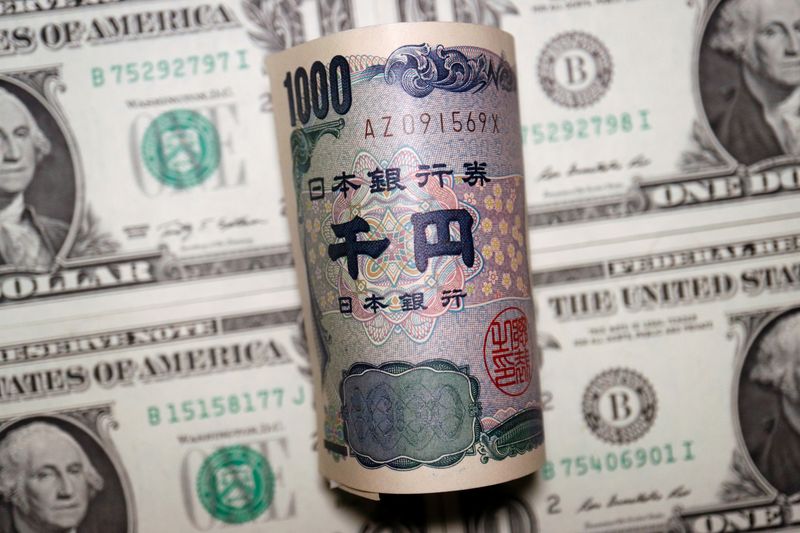
“It’s treacherous to go long USD/JPY on a tactial view,” Macquarie said in Monday note, warning that the Japan’s Ministry of Finance is more likely to intervene again if it “sees some chance of a peak in US-Japan yield differentials,” which drive yen’s valuation, following Friday’s US employment report.
The weaker-than-expected April jobs report, released Friday, revived hopes for a sooner rate cut, with overnight swap markets now expecting a rate cut in September rather than December, as the economy not only created fewer than expected jobs last month, but wage growth also slowed.
The data, showing that the supply and demand of labor is coming into better balance, justified Fed chairman Jerome Powell’s recent remarks that the job market isn’t as tight as
it used to be, Macquarie added.
Following the spike in the supply of labor, underpinned by the strength of immigration inflows, the focus now should shift away from “job growth and toward measures of turnover and wages to gauge the Fed’s disposition,” Macquarie said.
This new supply and demand paradigm in the labor market has helped to support payrolls, and make the labor market more competitive, keeping a lid on wage growth and turnover, belying the cooling tightness in the labor market.
“We’re pretty sure that this is a cooler job market than a year ago. But that’s not by virtue of the job growth figures; it’s by virtue of the turnover and wage figures,” Macquarie added.
Further signs of a cooling labor market in the months ahead may add to rate cut hopes and encourage bets that the U.S. Treasury yields have peaked, opening the door to further intervention from Japan to boost the yen.
Recent data suggest, however, that short sellers of the yen weren’t forced into submission by the Japan’s recent impromptu foray into the FX market amid expectations that rate hikes rather than interventions are needed to arrest the yen’s decline.
There was only a “small reduction” in speculative short JPY positions as of last week’s CFTC reports on positions of traders, Macquarie said, signaling that those who are long USD/JPY “didn’t seem to have been too intimidated by the Japan MoF’s and BoJ’s FX interventions.”
But the risk of further intervention may eventually shake out the buyers of the dollar against the yen as the reward-to-risk ratio for “going long USD/JPY just got even less appealing,” Macquarie said. “We suspect that more speculators will have unwind USD/JPY long positions late last week and this week,” it added.
To read the full article, Click Here
